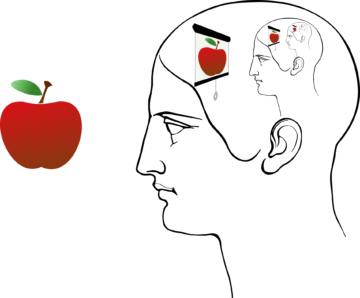by Jochen Szangolies

Zombies have become a mainstay of philosophy as much as of pulp fiction—a confluence that it would be fallacious to assume implies some further connection between the two, naturally. Zombies are beings that act in many ways like living humans—they move around, they interact with the world, and they, to generally horrific effect, consume resources for sustenance—not ending up as which is the typical goal of the protagonists of various kinds of zombie media. Yet, they lack the crucial quality of actually being alive, instead generally being considered merely ‘undead’.
Zombies are thus creatures of lack, creatures that have been robbed of some quality we otherwise think essential. Consider, for instance, the notion of the soulless zombie: a being which, despite acting and reacting just like any other human being—in fact, we might stipulate, in a way exactly paralleling your actions and reactions—lacks a ‘soul’ of any kind. If this is imaginable, then, the argument goes, there’s nothing that you’d actually need a soul for—and hence, we can strike it from the list of essential qualities without any resulting deficit.
A counterpoint to this particular argument is the floating man thought experiment of Ibn Sina (often Latinised as Avicenna), the eleventh century Persian polymath and physician. Ibn Sina imagines being created ‘at a stroke’, fully formed, in a state of free fall, and in darkness. Lacking any external sensory impression, one would still be certain of one’s own existence. But if there is nothing physical one could be conscious off absent such sensory data, then that sensation of being aware of one’s own self must be a sensation of something non-physical—the soul, or Nafs in the Quran. To Ibn Sina, then, the soulless zombie would merely show that the world is not exhausted by the physical, by our behaviors and reactions to external stimuli. Read more »




